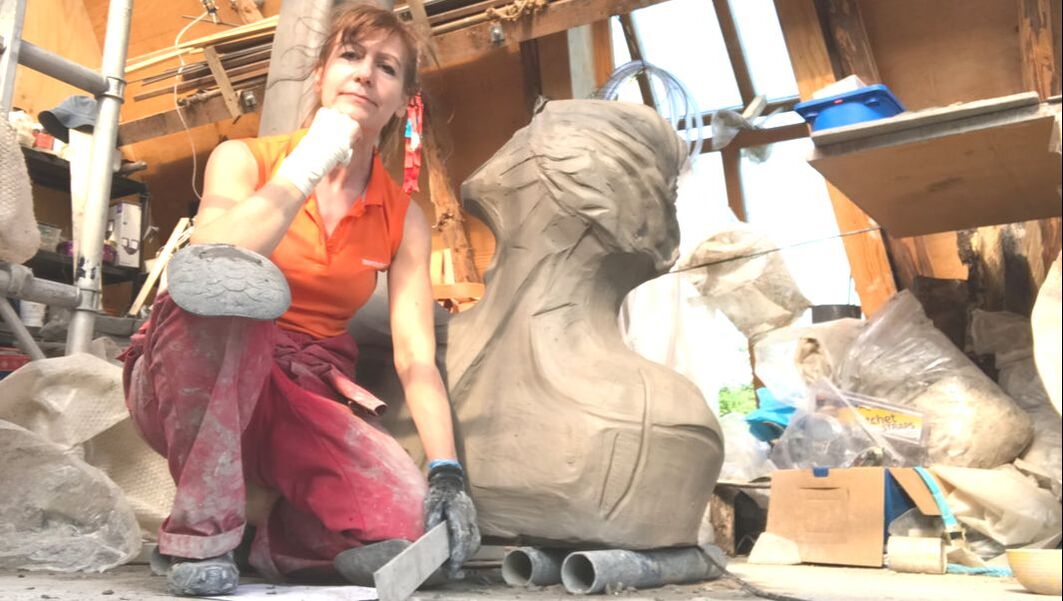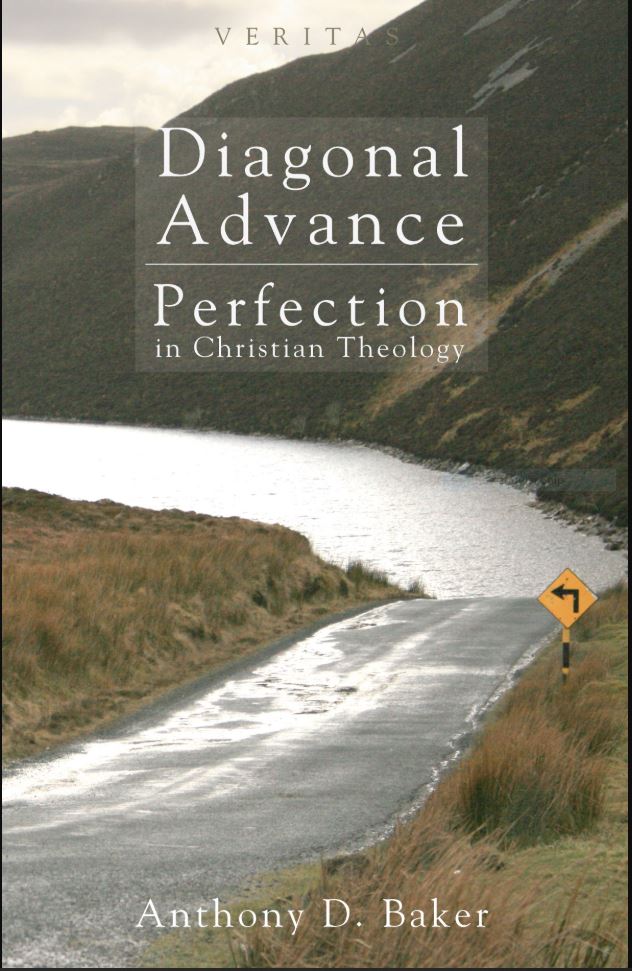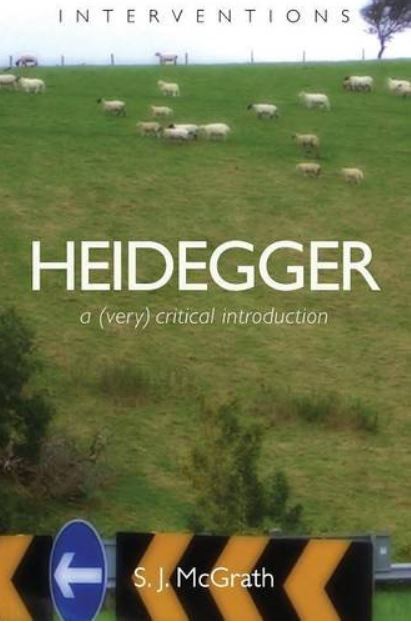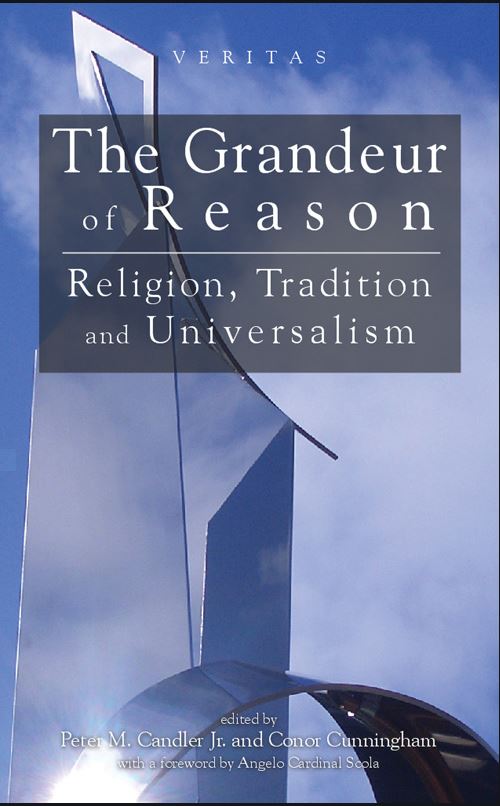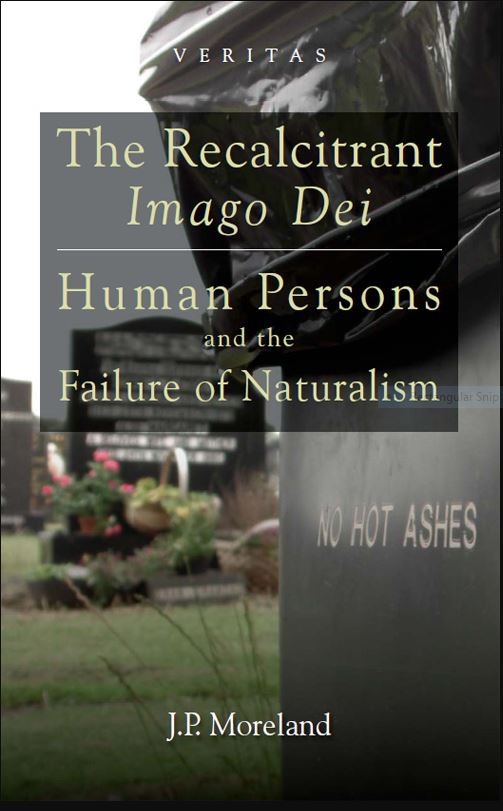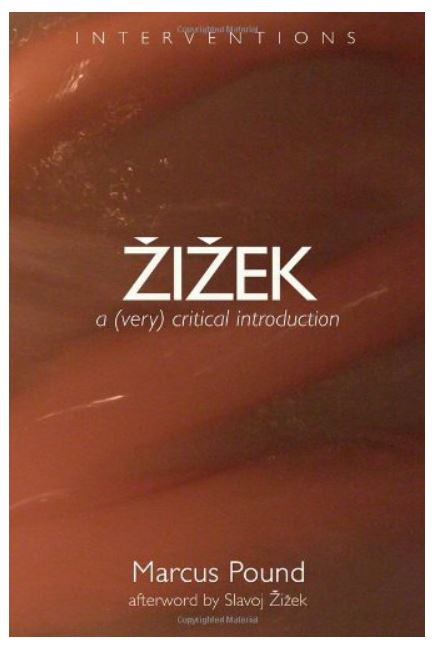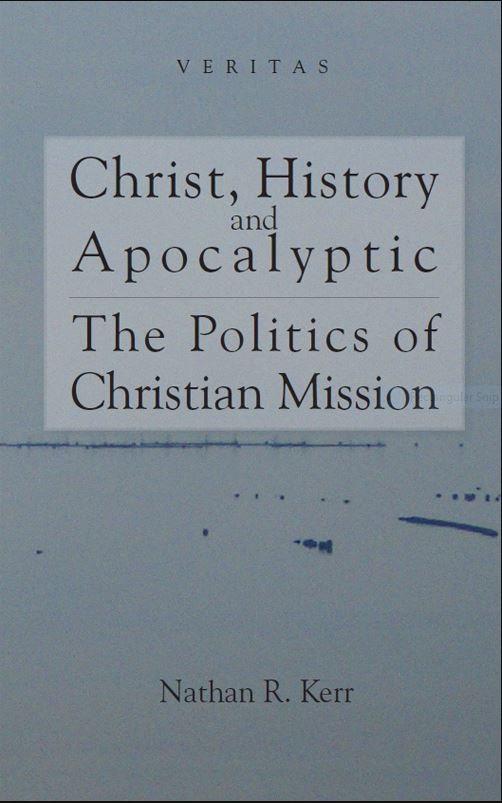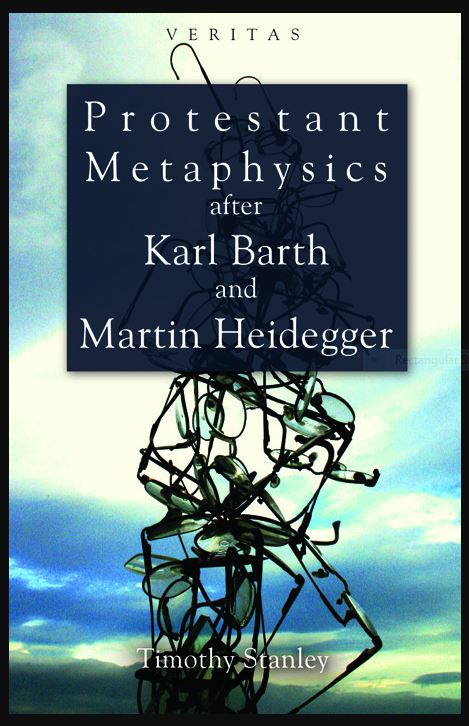Portfolio History
Sara Cunningham-Bell
The Shepherd’s shovels shone, for underneath
The soot we saw the stone clean at the heart
As on the starting-day. The refuse heaps
Were grained with that fine dust that made the world;
For he had said, ‘To the pure all things pure’
- Edwin Muir, ‘The Transfiguration’
The award-winning artist Cunningham-Bell works out of a studio on the North Coast of Ireland. Central to her work is the endeavour to interrupt the dualisms that divide up the lived world, forming the realities we seek to inhabit. The most important of these being, spirit / matter.
Such dualisms work only by a reactive, rather than a creative mode of thinking, for any value allocated, or found is only the result of its opposite. In other words, the accepted depends on the rejected, the venerated on the despised, and the sacred on the profane.
Cunningham-Bell's art negotiates this quandary, in an effort to present the truth of beauty - a truth that cannot be dependent on the ugly.
The poet David Jones tells us that 'there is no escape from the Incarnation. It's like a shunting train'. So if indeed God can and has become Man our imaginations are shown to be poor, shoddy affairs, our monies have lost their worth, for we cannot understand the sense of such an event. Before such logic, the divine cannot simply be the opposite of the mundane. Moreover, where now do we go to find the merely mundane? Thus the logics we live by find no rest, for they can no longer simply divide and rule---there being no enabling leftover, or pure remnant---mere peel from which the bright, juicy orange is to be freed, the peel now discarded, and the soft Kernel venerated.
Likewise, we cannot be citizens only because we are not foreigners, or family because of blood.
Such dualisms work only by a reactive, rather than a creative mode of thinking, for any value allocated, or found is only the result of its opposite. In other words, the accepted depends on the rejected, the venerated on the despised, and the sacred on the profane.
Cunningham-Bell's art negotiates this quandary, in an effort to present the truth of beauty - a truth that cannot be dependent on the ugly.
The poet David Jones tells us that 'there is no escape from the Incarnation. It's like a shunting train'. So if indeed God can and has become Man our imaginations are shown to be poor, shoddy affairs, our monies have lost their worth, for we cannot understand the sense of such an event. Before such logic, the divine cannot simply be the opposite of the mundane. Moreover, where now do we go to find the merely mundane? Thus the logics we live by find no rest, for they can no longer simply divide and rule---there being no enabling leftover, or pure remnant---mere peel from which the bright, juicy orange is to be freed, the peel now discarded, and the soft Kernel venerated.
Likewise, we cannot be citizens only because we are not foreigners, or family because of blood.
'No wonder then that Theology regards the body as a unique good. Without body: without sacrament. Angels only: no sacrament. Beast only: no sacrament. Man: sacrament at every turn and at all levels of the 'profane' and 'sacred', in the trivial and in the profound, no escape from sacrament'.
- D. Jones
- D. Jones
This, then, is the joyous burden of the artist, indeed of all who would be alive. Matter is the invitation to live---the very prayer of attention (to echo Malebranche), and responsibility. Art is now the craft of the impossible---there now being nothing ordinary.

